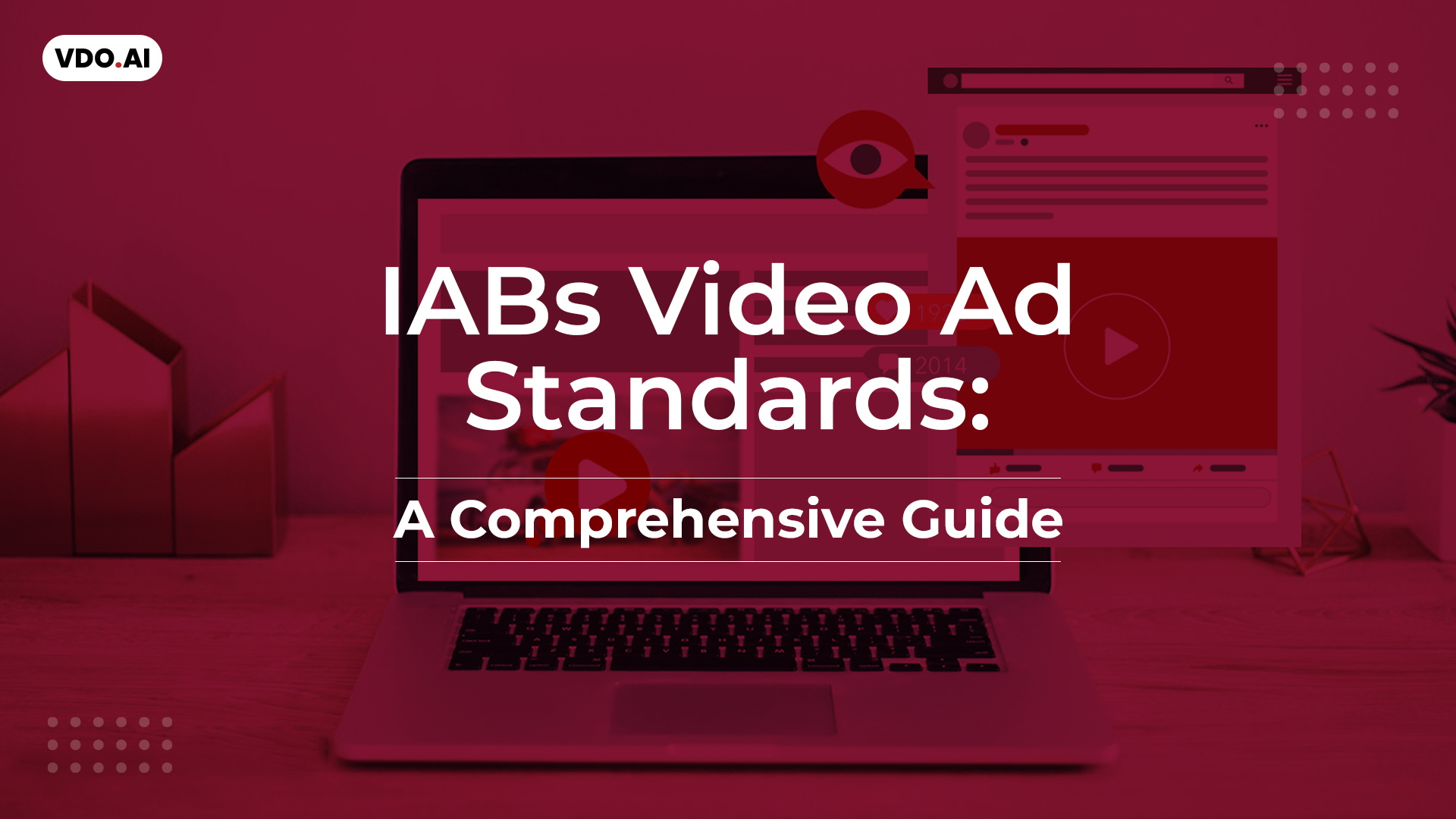What If We Relaunch The Advertising Industry Tomorrow?
Reading Time: 4 minutesIn the past few decades, the rate at which technology has experienced growth has been exponential. As a result, the advertising industry also had to grow at the same pace and adapt to new ways of advertising to consumers. While this fast progression has changed our lives for good, it has also resulted in a lack of clarity within the industry. Every month hundreds of stories rise to the surface about illegitimate practices such as bid caching, hidden exchange fees, concerns around third-party data, etc.
Issues such as complicated supply chains, self-policing, lack of global guidelines on transparency have led many Ad companies to clean up the Ad landscape and bring back transparency and trust to the industry. However, that is a long road. So what if we could hit the restart button? What would the advertising industry look like if we could relaunch it tomorrow? What technologies and standards would we implement to ensure the industry is transparent yet highly efficient?
Unique ID For The Advertising Industry
The very first thing we need is a global standard provided by an independent governing body. It will specify a set of protocols that must be adhered to by all the companies. In the current scenario, only a few big media companies own IDs which results in smaller businesses struggling to survive. In the new industry, unique IDs must be made available to all to level the playfield and let companies work across borders.
Collaborative Energy
The current industry has yet to learn how to work together in a better way. In order to succeed it is necessary to establish a procedure that will encourage collaboration and unity. Companies right now are too busy competing against each other to understand the power of joining forces. They need to look at the bigger picture to realize they are better off working collaboratively. This will be especially beneficial for smaller companies who otherwise don’t stand a chance to compete.
Classified Measurement
In the current scenario, there are too many issues regarding different companies having different standards for metrics like viewability and CTRs. The new industry must have a set of standards in place for measurement, again provided by an independent governing body. Moreover, the dependency on metrics and numbers must be minimized. They don’t always necessarily provide the correct output. If we talk about CTRs, for instance, there are only so many people who are going to click. And even if they do click, it doesn’t mean they are going to follow through with a purchase. These matrics can be used collaboratively by implementing other metrics. For example, brands can collaborate with shops, who can report about in-store sales during the periods when the campaigns will run.
Programmatic VS Managed Services
The debate on programmatic and managed services has been around for quite a while. So the question is if there is space for both in the relaunched industry? There is a good possibility that in the future, all premium publishing will be plugged into the programmatic supply so that it executes all formats successfully and any data set can be acquired programmatically. But programmatic is not quite there yet. So as of now, it cannot perform efficiently on its own and hence cannot replace managed services entirely.
Advertising Industry Data Collaborations
Data is one of the most essential components in our industry. In the relaunched industry, data must be regulated more than it is as of now. We will need an independent body to oversee the flow as well as the exchange of big data sets. There will also be a lot more second-party data marketplaces in the future, where two first parties will share their data for a better understanding. In fact, in the new industry, direct data collaborations between brands, publishers, as well as advertisers should be encouraged. Moreover, the benefits must be communicated to all. Since this data will be directly from the source, it will reduce the risk of fraud. Hence, eliminating any third party transactions of buying data from someone who might have bought it from someone else and so on.
The advertising industry involves a variety of companies and its great. However, it is nowhere near perfect. Encouraging industry collaboration, sharing data, being transparent with our practices, re-evaluating how we measure profit, and studying how we can make ID more balanced is a great place to start. But these are only some of the tweaks that can bring on massive changes and improvements. It is high time that industry experts take a step back and evaluate what needs to be changed. Perhaps, only then, we can create an enhanced and re-innovative industry.
FAQs:
1. What are some of the concerns in the advertising industry?
While the fast progression in the advertising industry has changed our lives for good, it has also resulted in a lack of clarity. Every month hundreds of stories rise to the surface about illegitimate practices such as bid caching, hidden exchange fees, concerns around third-party data, etc.
2. Why is there a need for a change in the advertising industry?
Issues such as complicated supply chains, self-policing, lack of global guidelines on transparency have led many Ad companies to clean up the Ad landscape and bring back transparency and trust to the industry. However, that is a long road.
3. What is the functionality of implementing unique IDs?
It will specify a set of protocols that must be adhered to by all the companies. In the current scenario, only a few big media companies own IDs which results in smaller businesses struggling to survive. In the new industry, unique IDs must be made available to all to level the playfield and let companies work across borders.
4. What are the benefits of collaboration?
In order to succeed it is necessary to establish a procedure that will encourage collaboration and unity. Companies need to look at the bigger picture to realize they are better off working collaboratively. This will be especially beneficial for smaller companies who otherwise don’t stand a chance to compete.
5. Is there space for both, Programmatic and Managed Services in the relaunched industry?
There is a good possibility that in the future, all premium publishing will be plugged into the programmatic supply so that it executes all formats successfully and any data set can be acquired programmatically. But programmatic is not quite there yet. So as of now, it cannot perform efficiently on its own and hence cannot replace managed services entirely.



